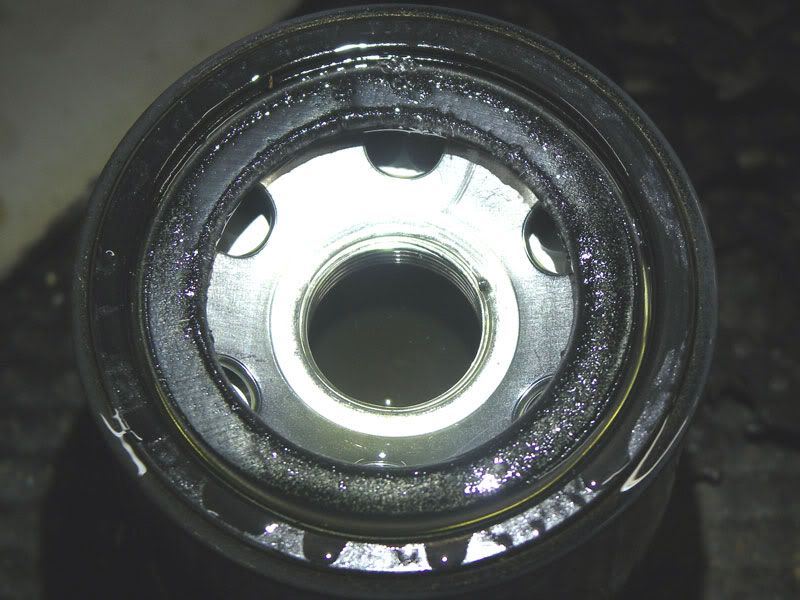rScotty
Super Member
- Joined
- Apr 21, 2001
- Messages
- 9,583
- Location
- Rural mountains - Colorado
- Tractor
- Kubota M59, JD530, JD310SG. Restoring Yanmar YM165D
So I got the call from Trevor at Kubota......SNIP
On a side not, I kinda thought it was funny but as he was first talking he made the coment that it IS normal for the L3200/3800 to "make some metal". I mean come on......make some metal? Thats not very soothing to hear.
Glad to hear they called. I'm the person who hoped that you would hear from them; to me it simply looked like a normal cleaning process had been missed. Frankly, things like that happen in manufacturing. Much as we would like to, it just isn't possible for mere humans to control every single process 100% of the time and also make a product affordable. I think it is a nice to hear publicly that Kubota is concerned about their inspections and process. And it's also my experience that anything involving corporations changing their processes does proceed slowly. So far , it all sounds good to me.
As to the comment of "making metal", I wouldn't read too much into it. From an engineering perspective, anytime one piece of metal runs against another it causes some wear in the form of microscopic particles. That's physics, and that process is sometimes called "making metal". The metal that is made is in very small - often microscopic - particles that are exactly what the filter is designed to strain out of the oil.
Something to think about is when parts are manufactured they are only a perfect fit with whatever they are running against for one very short instant in their life.
For the first part of their life the high and interfering points are being worn down as the parts rotate against each other....and that makes microscopic particles. After they wear for awhile - called "breaking in" - those surfaces become perfectly mated for the only time in their life. They don't get to be perfectly mated for long (though it may be thousands of hours) because the equally inevitable although much slower process of friction begins to wear them both down immediately. Both the breaking in and the frictional wearing of these surfaces "makes metal" particles. Not to worry; designing filters to deal with those tiny particles is well worked out. You can't stop the particles from forming; nobody can. But we can darn sure filter them out and everyone does.
enjoy! rScotty

